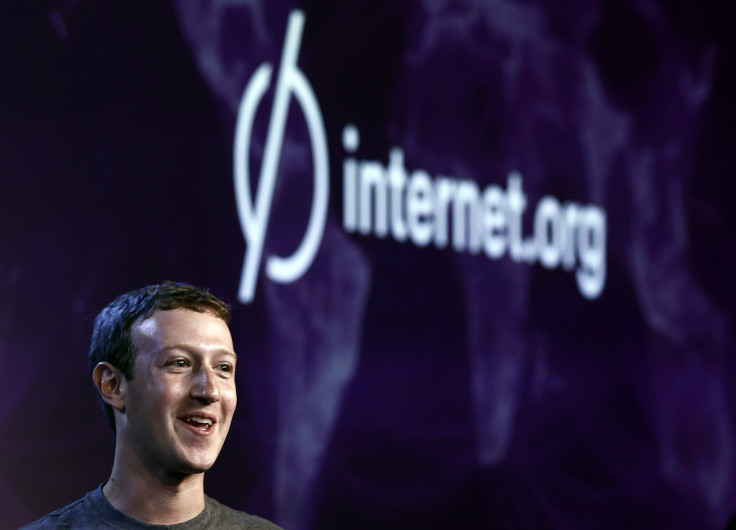Amazon, Facebook Square Off Over Net Neutrality In India

U.S. e-commerce giant Amazon and social networking behemoth Facebook have taken the fight over net neutrality to the Indian subcontinent. Amazon on Friday came out in support of an open Internet in India, putting itself in opposition with Facebook CEO Mark Zuckerberg and a key national regulatory authority.
India’s top telecom regulator has said it may allow carriers to offer free packages that violate so-called net neutrality if it means millions of poor people can access the Internet for the first time through offerings like Facebook’s Internet.org.
Internet.org, through local carrier Reliance Communications, gives mobile users free access to a bundle of websites and apps that have partnered with the foundation, whose mission is to increase connectivity throughout the developing world. Similarly, Bharti Airtel offers no-charge access to content from a number of its partners through its Airtel Zero program, launched earlier this month.
Regulators in India call such offerings “zero rate” plans and they are not without controversy. Supporters argue that they make Internet content available to millions of Indians who can’t afford regular online access. But net neutrality advocates say they create an edge for big companies that can afford to pay carriers to include their content in their plans.
Amazon, which sees India as a key growth market, declared itself on Friday to be in the latter camp.
“#NetNeutrality. Amazon supports an open Internet; for innovation to flourish and to promote the vision of Digital India,” Amazon said on its Indian website Amazon.in, joining some prominent Indian businesses as well as individuals in supporting the idea that all data riding on the Internet should be equal.
Telecom Regulatory Authority of India has been inundated by close to 700,000 emails and counting as part of a "Save the Internet" campaign, after it set a 30-day deadline, ending April 24, for people to respond to 20 questions embedded across a 118-page technical document. The document indicates that the authority may be moving toward giving zero rate plans its blessing.
Zuckerberg has argued that such plans help democratize information in a country where an estimated 30 percent of the population lives in poverty. “Net neutrality is not in conflict with working to get more people connected,” Facebook’s CEO wrote in an opinion piece published on Indian financial news site Livemint.com.
Nevertheless, TRAI has attracted ridicule and anger over its position. A popular Indian comedy troupe explained its position in a video that shows how zero rate deals could carve the Internet into various vested interests. The comedy group All India Bakchod went a step further and urged viewers to visit savetheinternet.in and complete a copy-paste process to email TRAI.
Amid the controversy, some prominent Indian businesses have publicly withdrawn from Internet.org, including travel site Cleartrip, media group NDTV Ltd. and NewsHunt, India’s largest local-language content provider. Times Group, which publishes India’s largest English daily, Times of India, said it will leave Internet.org if its competitors join it in doing so. Domestic e-commerce site Flipkart, meanwhile, announced it would withdraw its participation from Airtel Zero.
© Copyright IBTimes 2025. All rights reserved.






















